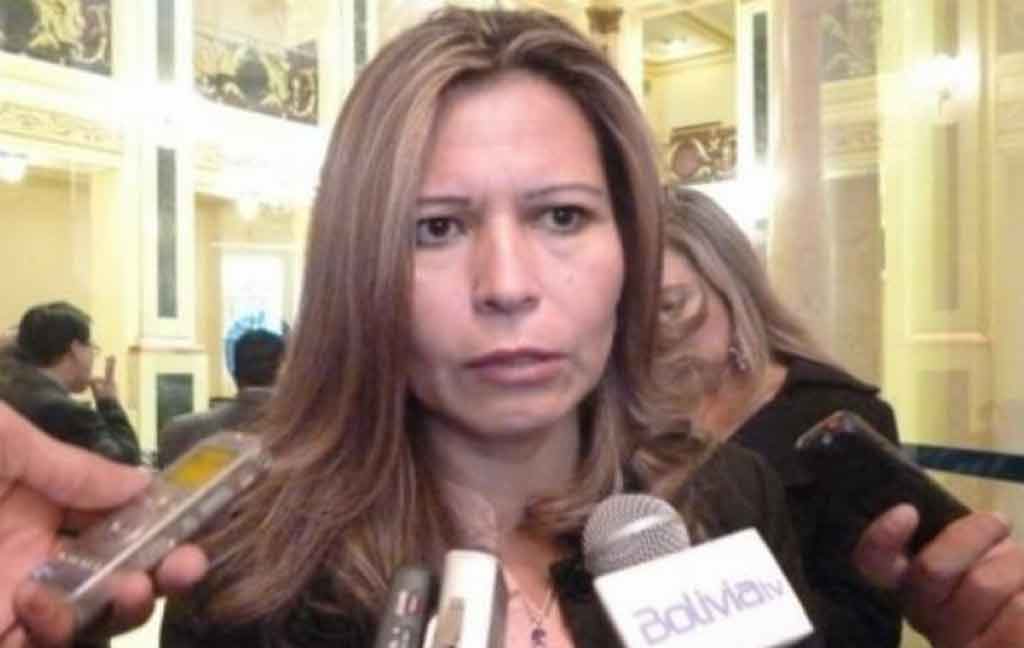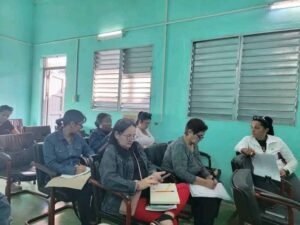The now former Tarija departmental prosecutor, Sandra Gutiérrez, confirmed that she had issued an arrest warrant for former president Evo Morales, for which she was dismissed by the highest authority of the Public Prosecutor’s Office, Juan Lanchipa.
Gutiérrez added that once the order was known, Lanchipa dismissed her because she did not obey the instruction not to investigate the case in which the former president is accused of human trafficking and smuggling.
«They told me: I told you not to do anything and you haven’t done it,» the now ex-prosecutor told the press outside the Tarija prosecutor’s office, where she was prevented from entering.
Gutiérrez reported that two other officials from the Public Prosecutor’s Office who were part of an investigative commission of prosecutors with her were also dismissed.
For his part, former government minister Carlos Romero said at a press conference on Wednesday night that Morales had this arrest warrant, however, he said that they were able to remove the restraining order with an action for release.
«We have learned that there is another action against President Evo Morales in the jurisdiction of Trinidad, which we are unable to specify. And an action, which we became aware of on Saturday afternoon, with an arrest warrant,» said Romero.
He indicated that there are five complaints against Morales, but that they managed to obtain the release of an arrest warrant.
For his part, former minister Jorge Pérez said that in the case of Tarija, the arrest warrant was issued on Thursday 26 September and that it was sent to jurisdictional control on the 30th.
He warned that all criminal lawyers and connoisseurs of constitutional justice in this country know that they have 24 hours to inform the criminal investigation judge, but if they do not do so, it is considered a null and void act.
Pérez pointed out that because the process was opened in Tarija, but because Morales lives in the Cochabamba tropics, in Villa Tunari, he considered that «the judge who was informed does not have jurisdiction and does not have the status of a natural judge».
According to Pérez, Morales was not notified of the trial and that «everything was done in secret» and «without the knowledge of the person under investigation».
In this context, the government of the Argentinean president, Javier Milei, withdrew the refuge of ex-president Morales.
After his brief asylum in Mexico, where he arrived on 12 November 2019 after his resignation in Bolivia, the former president took refuge in Argentina on 12 December of that year, two days after President Alberto Fernández took office.




